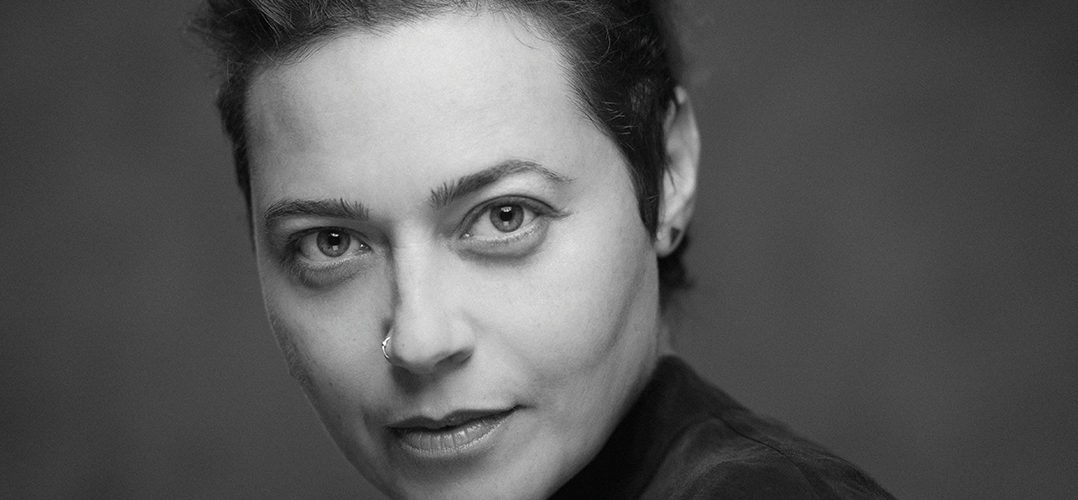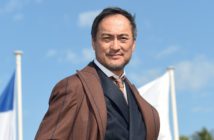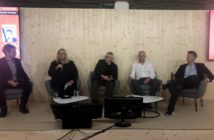Armoza Formats is in Cannes with new Israeli drama Muna, that follows a successful and free-spirited Arab-Israeli photographer who is chosen to represent Israel at a prestigious international photography exhibition. Set in a time of war, she is torn between two worlds and must choose with whom her true loyalties lie, with both Israeli and Arab societies turning against her.
The story is based on the experience of the series’ writer Mira Awad, the Palestinian-Israeli who represented Israel at the Eurovision Song Contest in 2009. Israel’s leading newspaper Ha’aretz has called Muna « one of the best original drama series from recent years ».
Muna tackels difficult issues. What drove you to create the series?
When I was a contestant in the 2009 Eurovision Song Contest, together with Israeli singer Noa, it was the first time a Palestinian citizen of Israel represented Israel in the contest, and the first time that Israel’s submission featured Arab lyrics. Unfortunately, as we were preparing for the journey, a war broke out. It was a devastating time, and a very complex reality for me to be representing my country, while being torn between two societies. I faced criticism from both sides with Israelis seeing me as an enemy from within, and Palestinians feeling as if I was a sell-out who was choosing sides – just like Muna is seen in the series.After coming back from Eurovision and reflecting on all that I had been through, I realised that no one else would ever be able to tell the story of this complex identity struggle. I wrote a short movie called Muna, that was based on my journey, and later turned it into a drama series.
What is the message that comes out of the series?
Muna places a strong emphasis on liberalism vs conservativism, which is a global concern nowadays. I think all countries worldwide are facing the same debate. You can find this debate on every level of Muna’s story and in the way she struggles with her identity through these conflicts. One of the most obvious ways that this struggle is shown in the series is through Muna’s attempt be a young feminist rebel standing up to her patriarchal community, while respecting the values of her traditional family and the village she originates from. We also see this as she attempts to find her place in Tel-Aviv, as a Palestinian in the Jewish state. Though this all used to feel like a burden to me, in a lot of ways this has become by identity and encourages me to share my story.
Where was Muna filmed?
In order to provide the true backdrop and feel for the show, the whole series was shot in Israel. Muna focuses on three main locations in Israel: The first is Tel-Aviv – the cosmopolitan center of Israel where the main characters live. The second focus is on Muna’s hometown – a Palestinian village in the north of Israel. The last main location is a town in the south of Israel, close to the border with Gaza, where Muna’s boyfriend Yaniv comes from.
What are your hopes for Muna at MIPTV?
I would love for Muna to be watched internationally. The story of the Arab minority within Israel is seldom told and it’s important to me that people understand the complexity of the reality. Nothing is as black and white as it seems on the news – instead it is a wide spectrum of greys that needs to be carefully tread between and I think this is something that Muna achieves.




